The Verdict On Metaverse Fashion Week In Decentraland
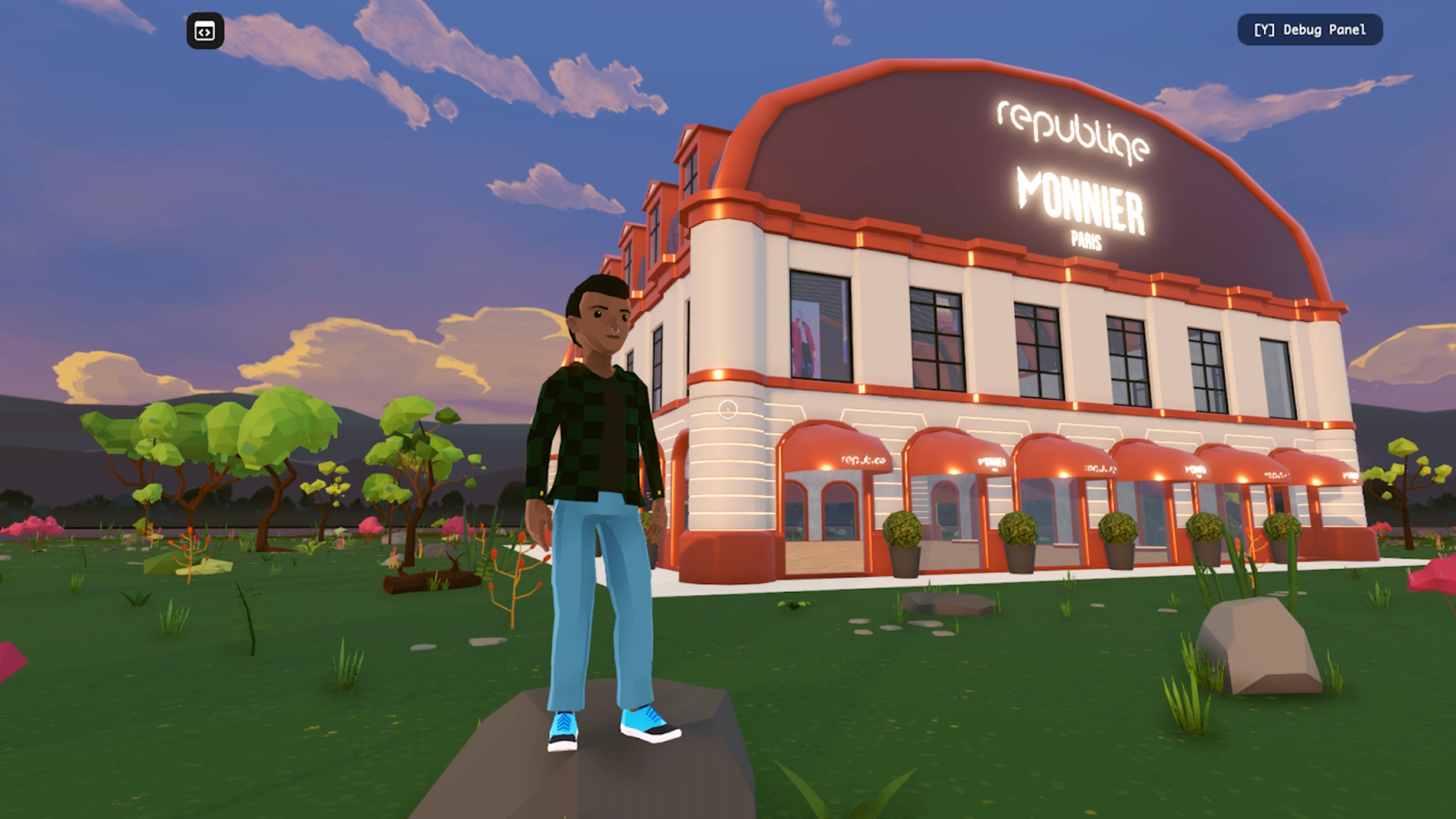
The move into virtual fashion is here, and it’s happening in a big way.
Gucci has a virtual garden experience, Nike recently purchased a virtual shoe company, Dolce and Gabbana launched an NFT collection that sold for $54.7 million, and Kering’s Balenciaga announced they would also be moving into the virtual fashion world with an excursion into Fortnite.
Although it’s still uncharted territory, in its complexity, the metaverse has become a selling point for the forward-looking. With a global fashion industry that’s coming off a difficult couple of years thanks to the Coronavirus pandemic, the convergence of the digital world and our physical lives may be an answer to some of fashion’s most nagging problems.
Hosted by metaverse platform Decentraland, the Metaverse Fashion Week event was replete with virtual shows, events and shopping experiences. With 60+ brands, artists and designers taking part, #MVFW22 marked a seismic shift in the global fashion industry.
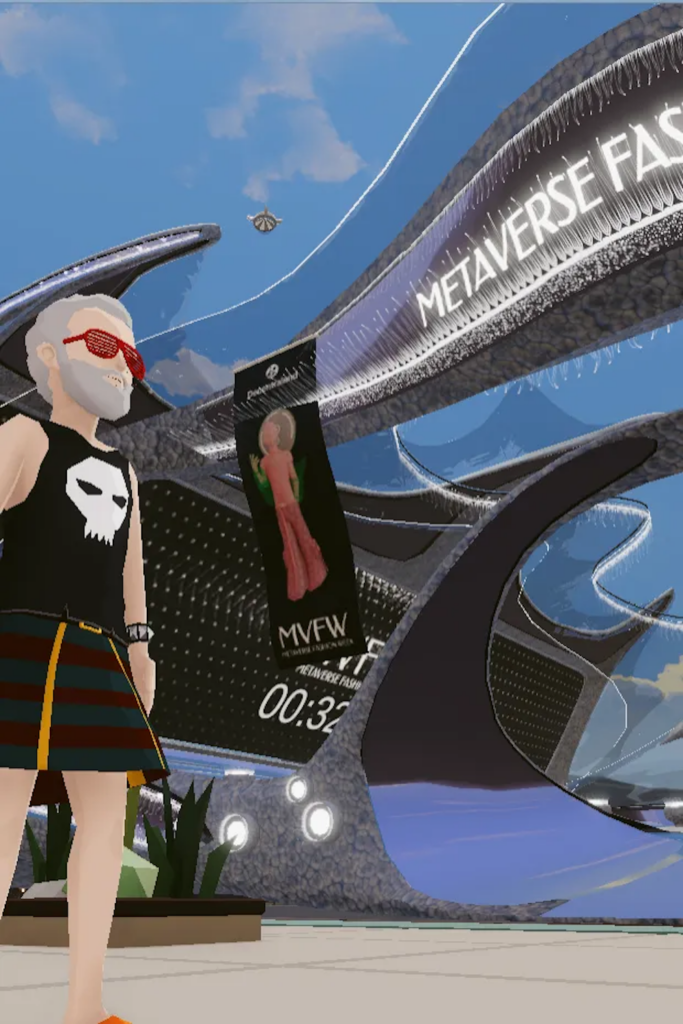
Decentraland’s no-rules virtual fashion utopia imitated real life with a dedicated fashion arena. Brands like Dolce & Gabbana held runway shows with models swathed in pixel clothing emerging to walk down a runway and throw poses. Labels like Axel Arigato took part in a republiqe x Monnier Paris hosted activation in the Luxury District of Metaverse Fashion Week (no rsvp needed, but coordinates were provided).
Elsewhere, some of fashion’s heaviest names bought plots of virtual land to build spaces for concerts, parties and shopping. Chanel and Lanvin hosted film showings at a digital movie theatre. Luxury retailer Selfridges & Co created a shopping space reminiscent of its Birmingham Store, complete with futuristic curved architecture. Fashion’s infamous bad-boy Philipp Plein even threw an afterparty. All-in-all, it’s safe to say a lot was happening.
Allowing participants to experiment with their style and their identity, virtual attendees could transpose their gender identity, body proportions, or even whether they appear as full humans or not, with some appearing as pink tigers or leopard print squirrels. For those who have become accustomed to a tactile version of Fashion Week, creating new identities online or even attending virtual fashion weeks may seem a tad tedious, but it does serve a purpose. With fashion being so much about how you look, MVFW’s customisable avatars meant that attendees had a choice of whether they wanted to look like they do in the real world or be completely different, without the anxiety of how they will be received.
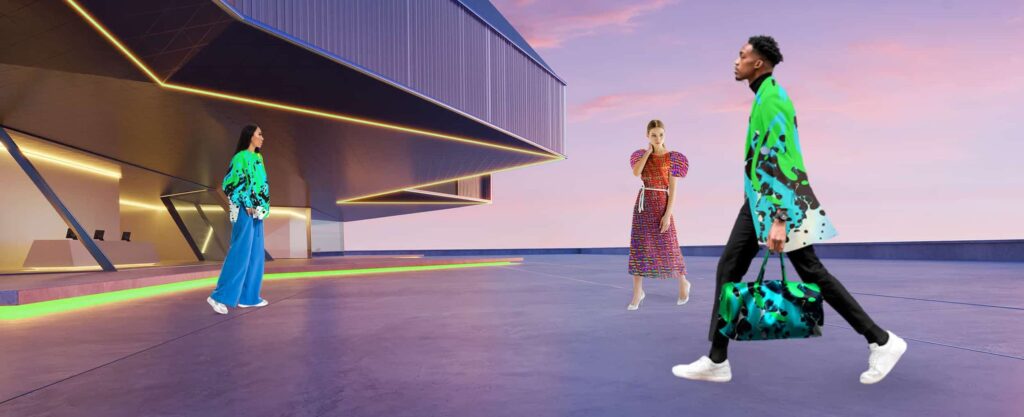
It should be noted that MVFW did not take place in the metaverse but rather on a platform; the specifics are too complicated to get into. However, the inaugural event did provide some insight into what we can come to expect from virtual fashion weeks.
With no VIPs, front rows or ticketed events, everyone was welcome to participate in Metaverse Fashion Week making it a win for emerging designers as shows can be hosted for virtually (no pun intended) next to nothing. There are no supply chains or costly prices for labour and fabrics. As we cultivate a new reality, it’s apparent that digital fashion is evolving from niche to mainstream. Audiences and brands are taking to these virtual events, and they’ve almost become a part of the brand strategy for a number of our favourite designers as they seek new ways to present fashion’s runway shows and events.
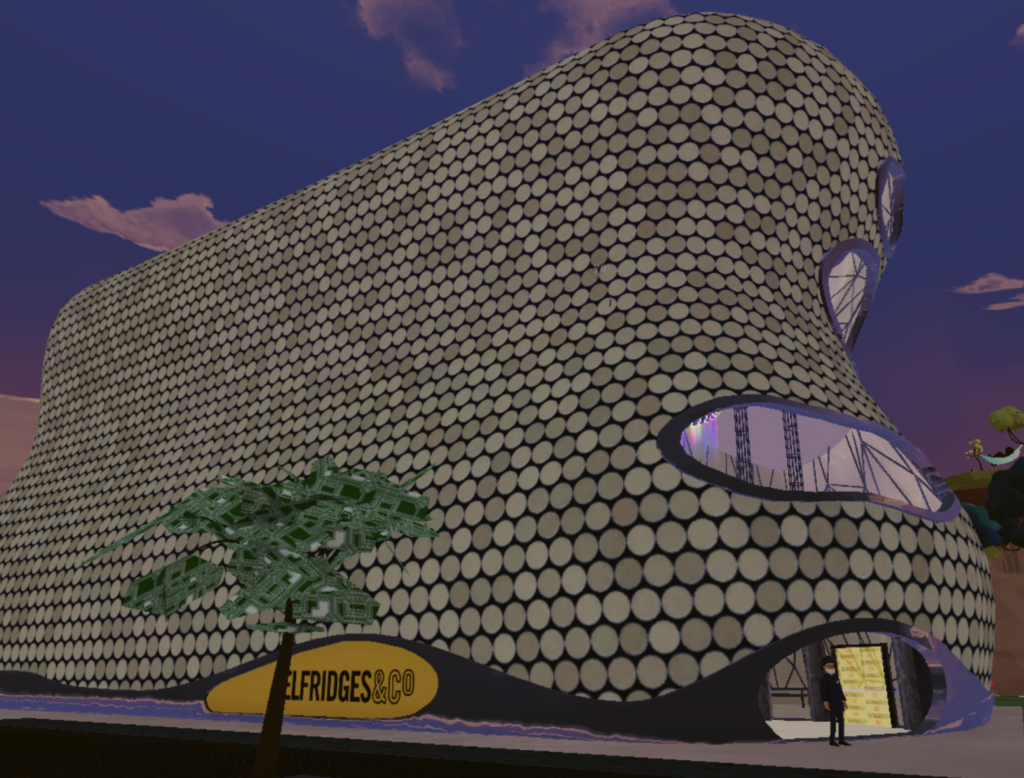
As the fashion industry continues to plant roots in the metaverse, we will likely see more of these types of online events. Although it has to be said, replicating real-life fashion weeks for the virtual world may not be the best option. Despite real-world hype, Decentraland’s virtual fashion week was short of attendance for reasons unknown. This may be a sign that people aren’t ready to make their fashion experiences fully virtual. Hanifa’s digital runway in 2020 was great, but with physical fashion weeks back in full swing, we’re all ready to get back to reality. After all, you can’t flex your virtual fashion week street style fits on Instagram, at least not yet.
While many see the metaverse as inevitable, many wonder whether there is an actual appetite for virtual fashion weeks or will we miss the sensual pleasure of wearing real clothes. While there’s definitely room for this event to evolve into something greater, is there a future for fashion weeks in the metaverse? Only time will tell.
Discover more from GUAP’s Fashion section here





![ZINO VINCI’S ‘FILTHY & DISGUSTING’EP BRINGS YOU TO THE CORE OF THE ARTIST [@ZinoVinci]](https://guap.co/wp-content/uploads/2023/10/Zino-4.jpg)

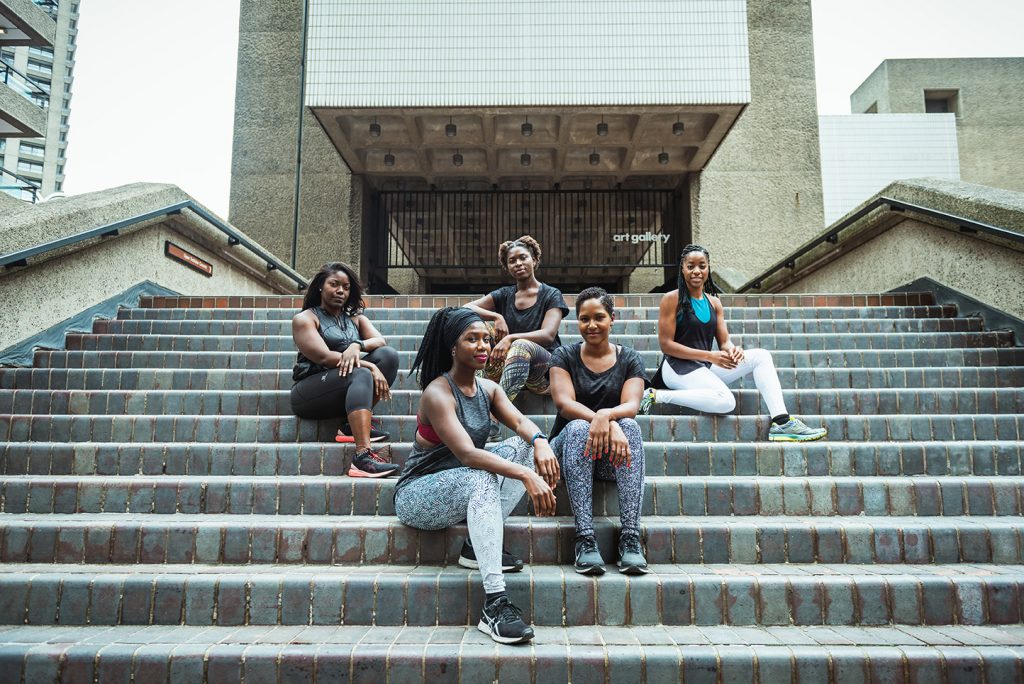
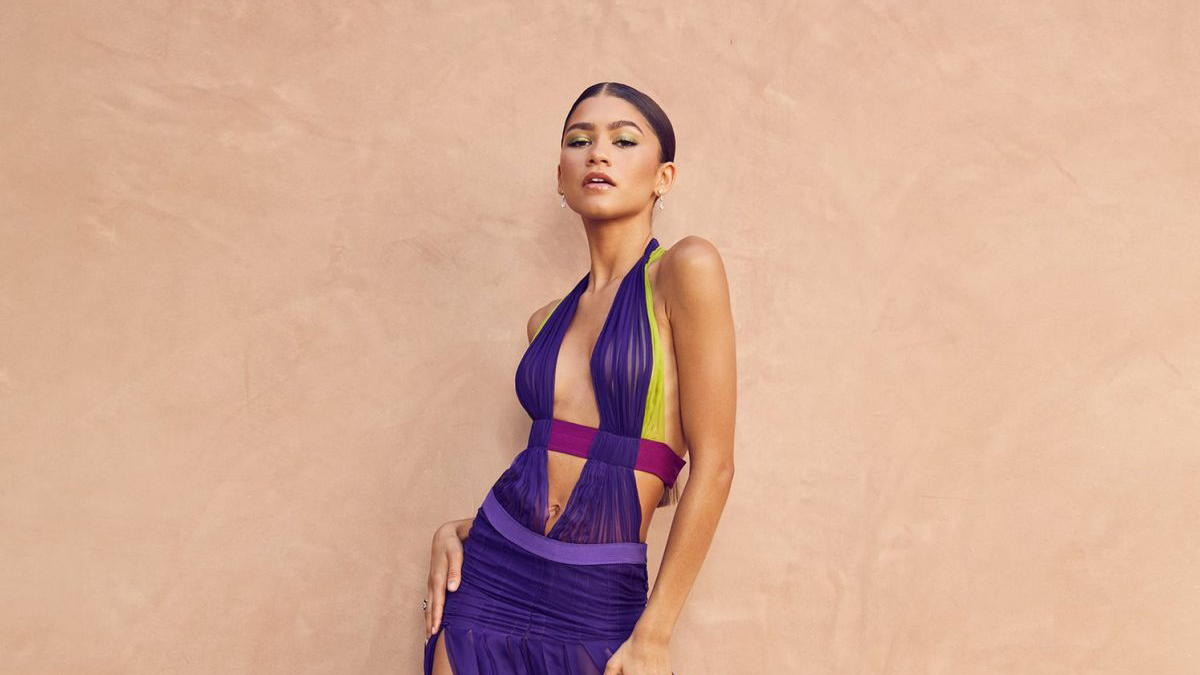

1 Comment
[…] By Lynn Mongameli […]
Comments are closed.